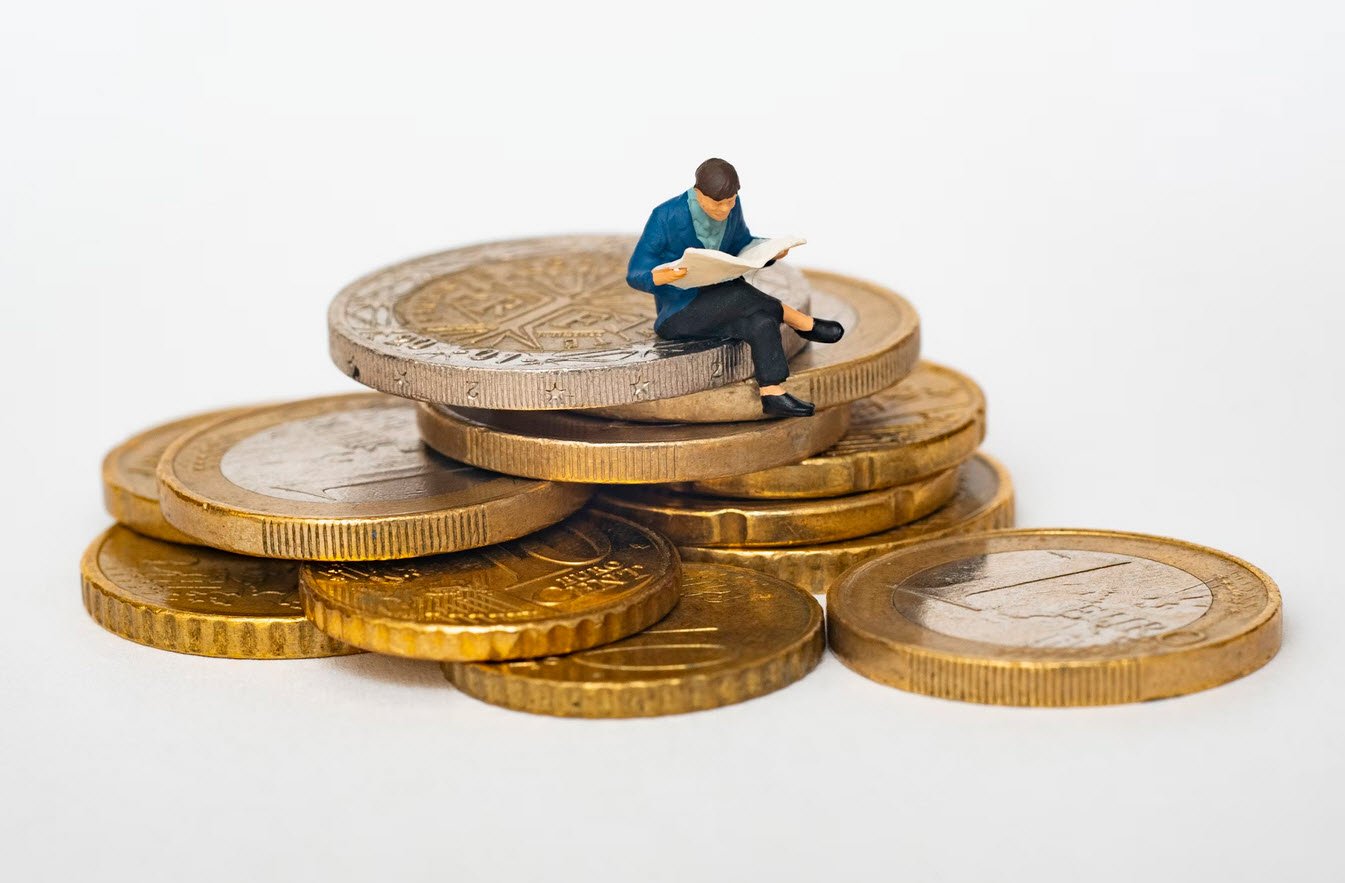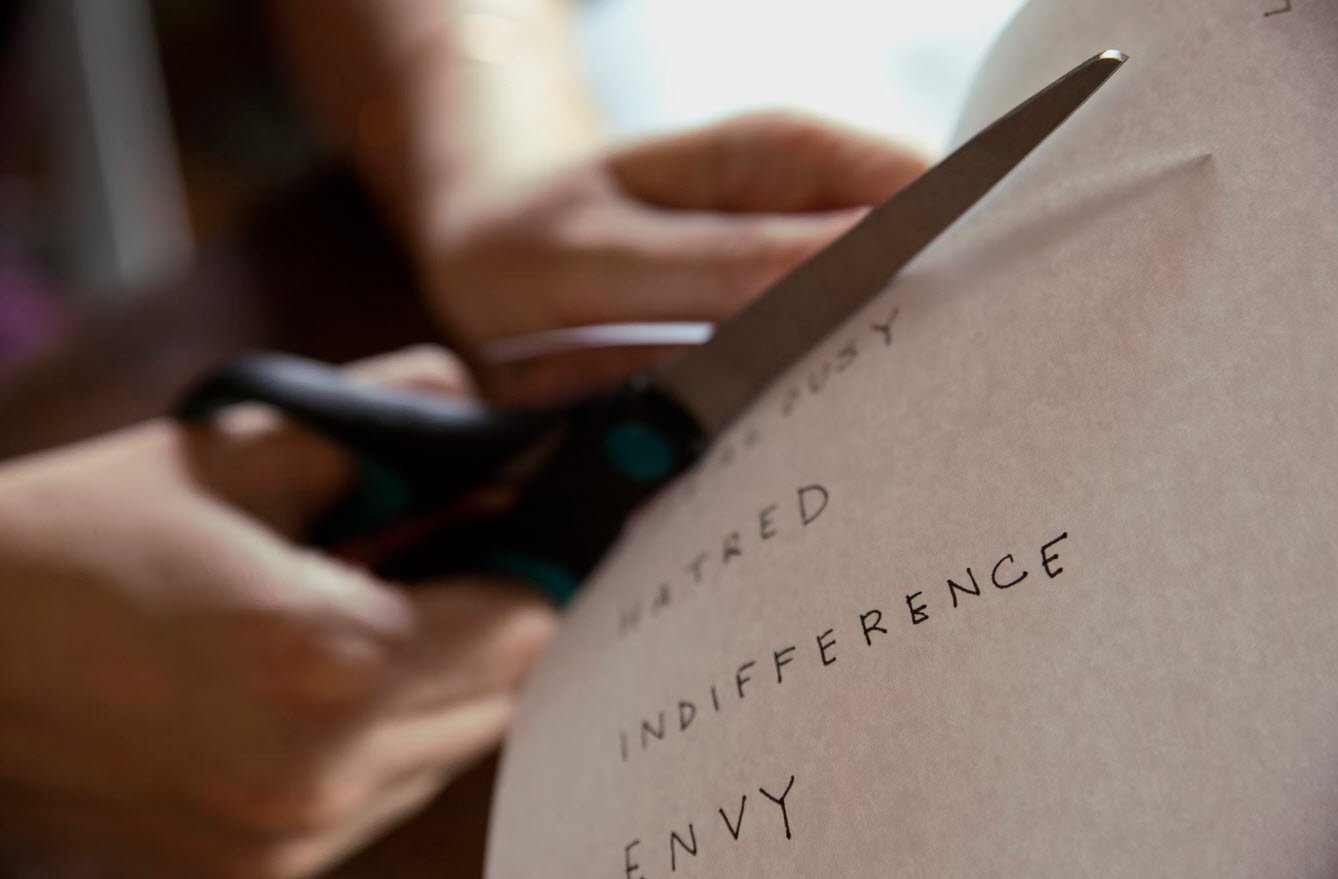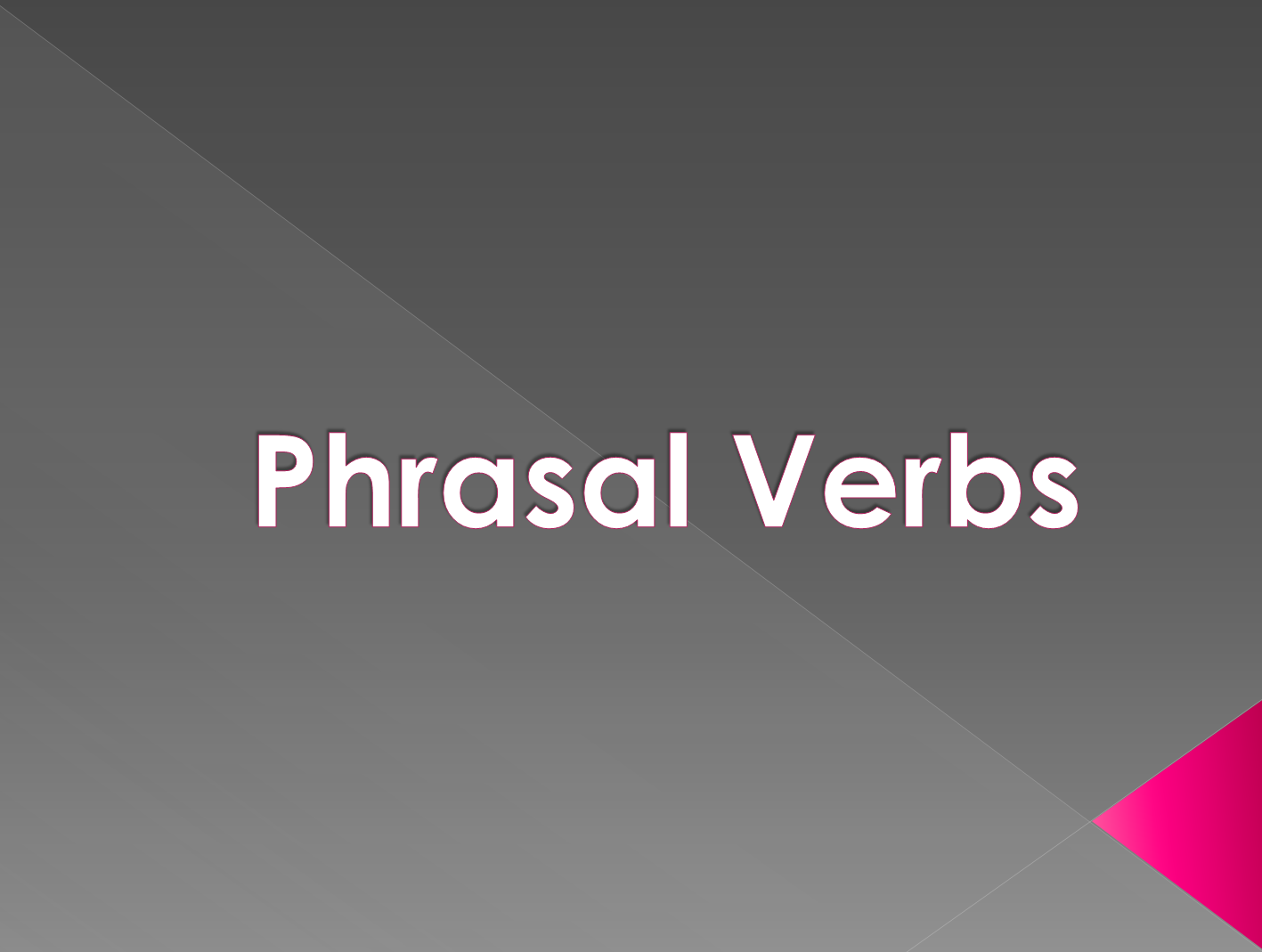
Complete sentences and definitions 1 – 12 with words and expressions from the box. You will not need all of the words and expressions.
airtime * audience * broadcast * broadsheet * censor * censorship * channel * check book journalism * circulation * current affairs * coverage * documentary * download * dumbing down * editor * entertainment * exploit * feature * freedom of the press * gutter press * honest * information * informed * Internet * invasion of privacy * journalism * journalist * libel * libelous * log on * mass media * media circus * media event * media tycoon * news * online * paparazzi * the press * program * read between the lines * readership * reality TV * reporter * restriction * slander * slanderous * tabloid * tabloid TV * the Internet * unscrupulous * website
1. _____________ is the crime of saying something about someone that is not true and is likely to damage their reputation (the adjective is _____________). _____________ is the illegal act of writing things about someone that are not true (the adjective is _____________).
2. If you _____________, you guess something that is not expressed directly (for example, if a newspaper reports a story, it might not tell you the truth or give you all the information you want, so you try to guess what that information is).
3. _____________ is an occasion when someone finds out or uses information about your private life, especially illegally.
4. A _____________ is a newspaper that is printed on large sheets of paper, and usually contains serious news. A _____________ is a newspaper that is printed on smaller sheets of paper and generally contains stories about famous people (papers like these are sometimes referred to as the _____________, because many of the stories and either untrue, or are about sex and crime). _____________ refers to television programs that are intended to be shocking or exciting.
5. If a media company is accused of _____________ its stories or programs, it means that it presents these stories or programs in a simple and attractive way without giving many details.
6. A _____________ is someone who writes news reports for newspapers, television, etc. A _____________ often does the same thing, and then tells people the news himself / herself (for example, by appearing on a television program).
7. The process of removing parts of books, films, letters, etc., that are considered unsuitable for moral, religious, or political reasons is called _____________.
8. A _____________ is someone who owns and controls several different newspapers, television stations, etc., and is very rich as a result.
9. _____________ programs are television programs in which ordinary people are put into artificially created environments and situations in order to entertain people (the most famous example is “Big
Brother”).
10. A _____________ is a radio or television program that deals with real people, events, places, etc., and is designed to inform people about different things. A _____________ program is one that deals mainly with political, social, and economic events that are happening now.
11. _____________ is the practice of paying people a lot of money for information that can be used in newspaper stories, especially stories about crime or famous people.
12. _____________ refers to the amount of time given to someone or something in a radio or television broadcast. _____________ refers to the amount of attention that television, radio, and newspapers give to something, or to the way in which something is reported. A newspaper’s _____________ is the group or number of people who read that newspaper.
Answers:
- slander (this can also be a verb: to slander someone) / slanderous / libel (this can also be a verb: to libel someone) / libelous
- read between the lines
- invasion of privacy
- broadsheet / tabloid / gutter press / tabloid TV (note that several newspapers that were previously printed on large sheets of paper are now printed on smaller sheets of paper, with the result that broadsheet is not used so much any more. It is becoming increasingly common to refer to the old broadsheets as quality papers, and tabloids as popular papers)
- dumbing down
- journalist / reporter (also known as a correspondent)
- censorship (the verb is to censor)
- media tycoon (also called a media baron)
- reality TV
- documentary / current affairs
- check book journalism
- airtime / coverage / readership
- Idioms and Other Expressions Used For Talking About ‘Work’
- What Are Weasel Words?
- Money and Finance – Test Your Knowledge
- Phrasal Verbs, Idioms and Other Expressions Using ‘CUT’
- How to Say Time in English
- Idioms and Other Expressions Used For Talking About Money
- Shopping and Consumerism – Match the Correct Name
- Phrasal Verbs – Choose the Correct Verb
- Currency Markets – Choose The Best Words
- Personal Qualities – Use the Best Nouns and Adjectives









This Post Has 3 Comments